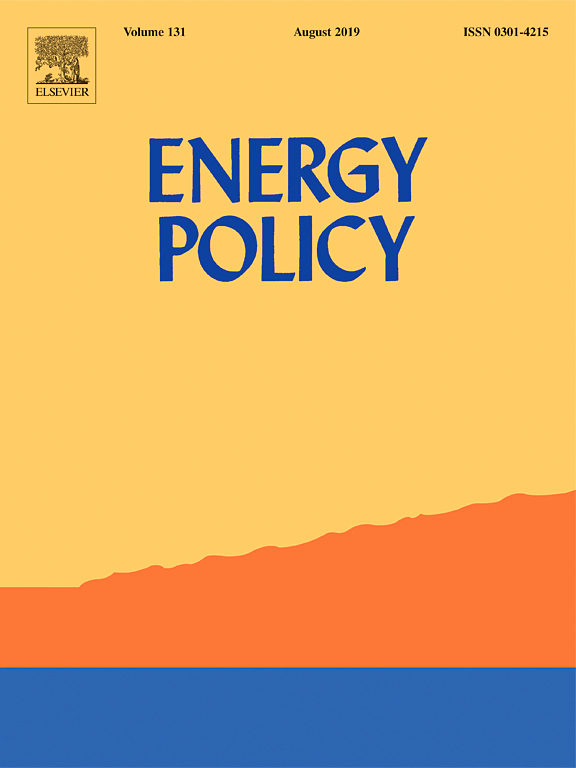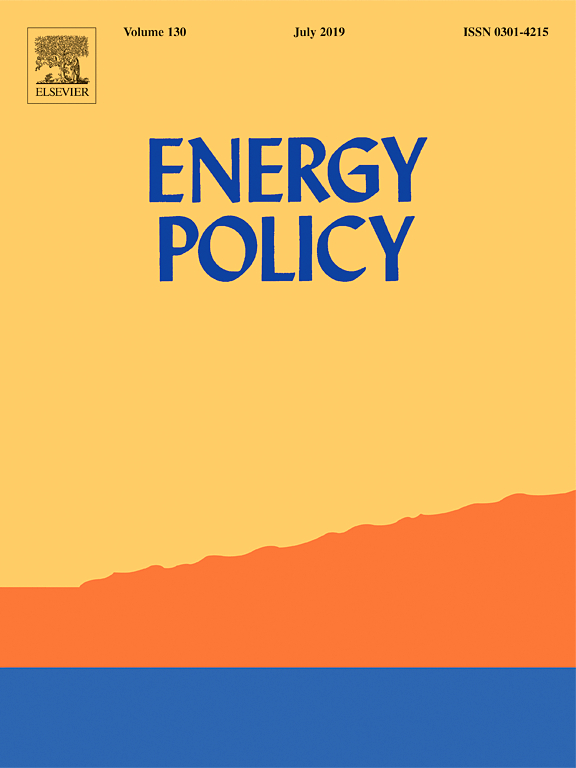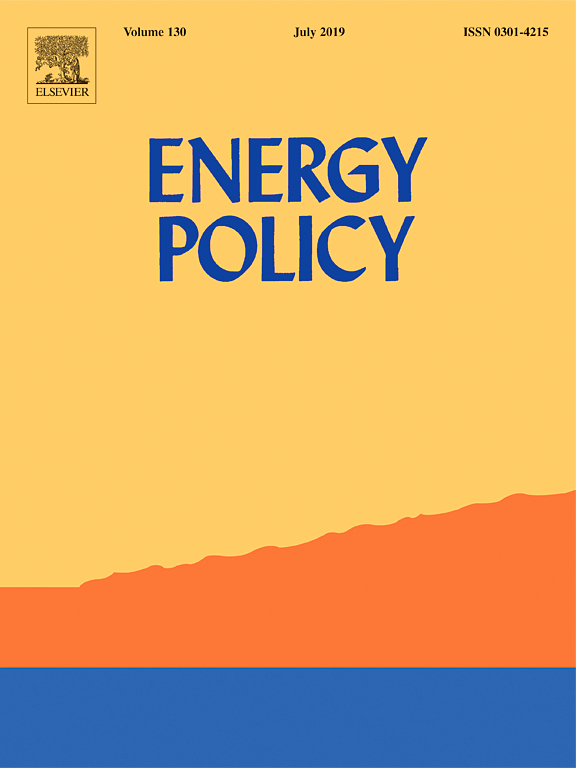Socio-economic determinants of energy poverty amongst Indian households: A case study of Mumbai

Date:
11 July 2019Category:
India, Journal ArticlesType:
Journal ArticlesTags:
Energy, Sustainability, Energy Poverty, India, Social Protection, Energy Conservation, Sustainable Energy, Socio-Economic VariablesPrint Article:
About the Journal
Energy Policy, Volume 132, September 2019 (In progress), Pages 1184-1190.
This issue is in progress but contains articles that are final and fully citable.
Authors
- Sangeeta V. Sharma, National Ecology and Environment Foundation (NEEF), India
- Han Phoumin, Economic Research Institute for ASEAN and East Asia, Indonesia
- Vinod K. Sharma, Indira Gandhi Institute of Development Research (IGIDR), India
Highlights
- Energy poverty of a household is determined mainly by its economic poverty.
- Energy poverty reduces the level of education and job prospects in 53% of households.
- Alleviation of energy poverty requires universal access to affordable electricity.
Abstract
Economic poverty is a dominant factor in inducing energy poverty in millions of households in India. This study uses primary data on various socio-economic variables (SEVs) collected from 1,000 households in Mumbai, equally divided into four income groups. The SEVs of the households used in the empirical analysis include their expenses on electricity services, consumption expenditure, dwelling size, education level, and awareness of - energy and environment. The results of the study show that energy poverty mainly depends on the consumption expenditure of a household, and it varies across four income groups. Increase in the dwelling size of households of low- and very low income groups also increases their expenses on electricity and, hence, their energy poverty. Although the education level of households does not have any significant effect on their energy poverty, their awareness of energy conservation measures is linked to reduction in energy poverty, particularly in households having lower income. The study suggests that achieving sustainable energy for all households in India requires policies and strategies to improve access, availability and affordability of electricity and increased awareness of the masses on energy conservation.
Keywords
More Information
Click here to access and purchase the article.




